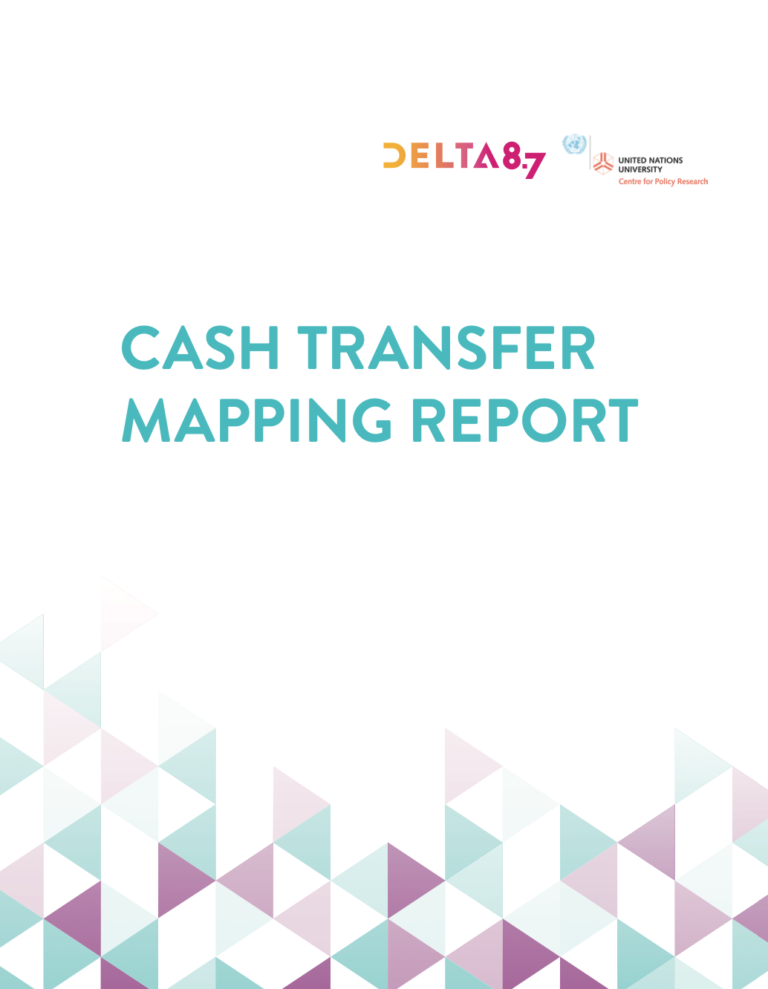In 2015, 193 countries committed to Target 8.7 of the Sustainable Development Goals (SDGs), pledging to take effective measures to eradicate modern slavery, human trafficking, forced labour and child labour. The outbreak of COVID-19 severely impacted these global responses and measures. Crisis can force people into slavery by, among other impacts, increasing vulnerability for populations who already face economic or social exclusion. Social protection mechanisms may provide a safety net to mitigate these vulnerabilities. COVID-19 has brought new attention to the importance of social protection. In its framework for the immediate socioeconomic response to COVID-19, the United Nations included key human rights issues and accompanying indicators for monitoring the human rights implications of COVID-19. One of the five key pillars identified in their response was the right to social protection and provision of basic services. Social protection systems figure prominently in the SDGs: Goal 1.3 calls for the implementation of “nationally appropriate social protection systems and measures for all, including floors, and by 2030 achieve substantial coverage of the poor and vulnerable.”

